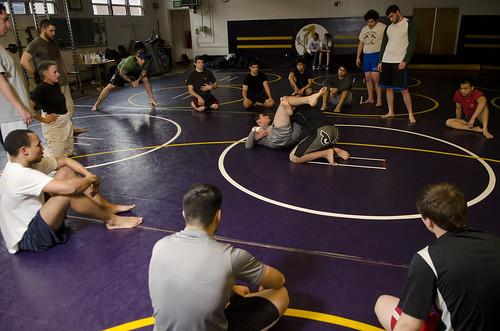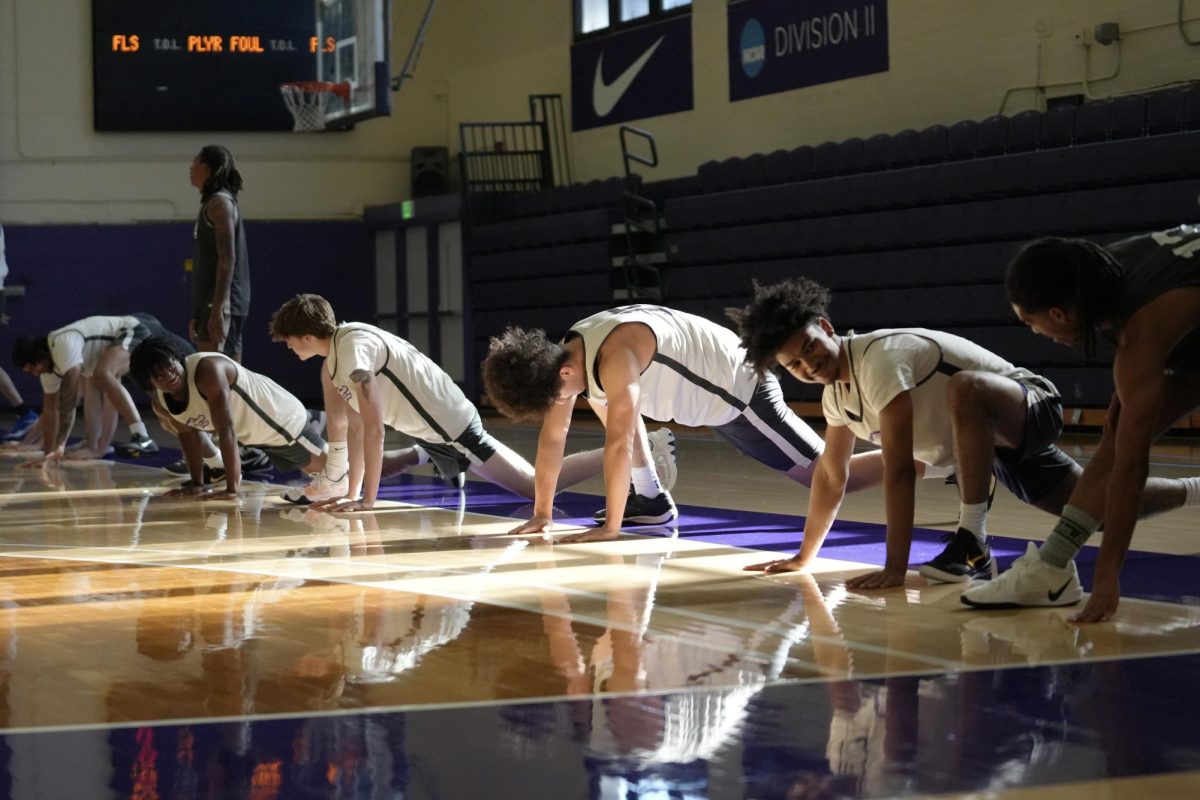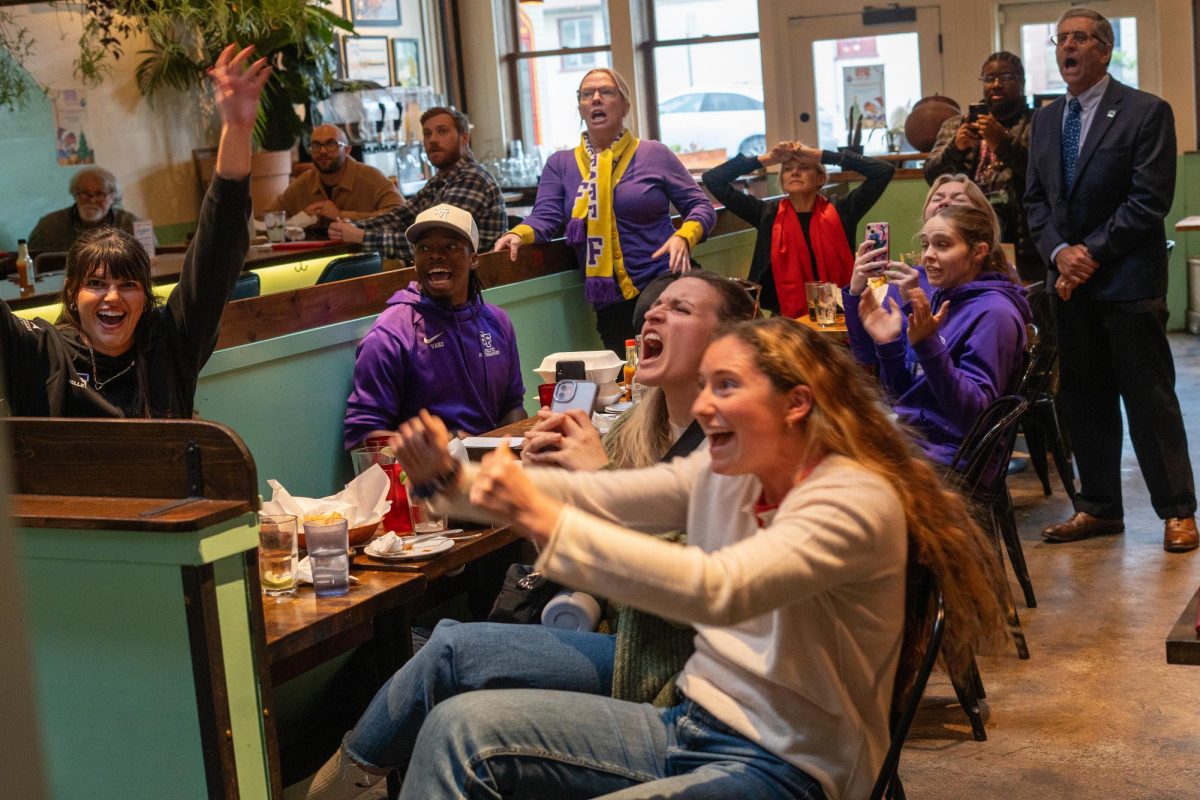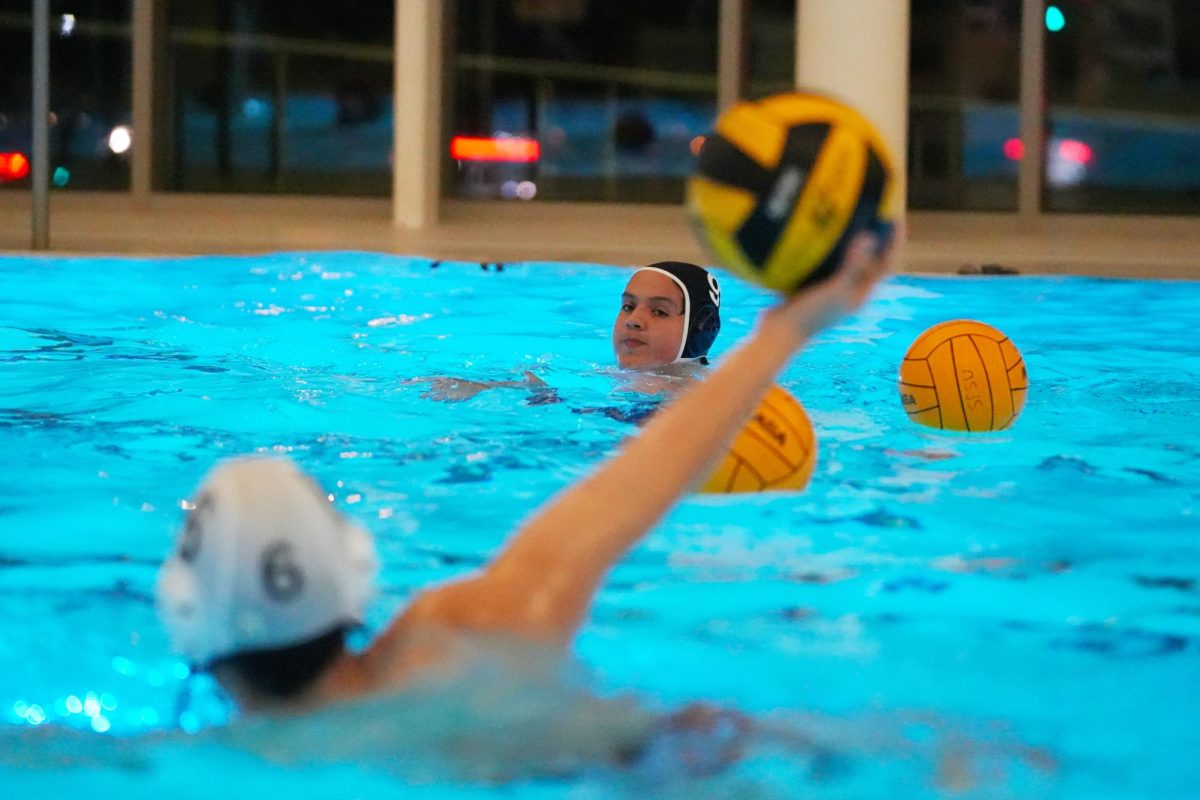
Two students with a passion for the Brazilian ground fighting sport known as jiujitsu have brought it to SF State as a cash-free recreational club.
Kevin Heung, 24, Justin Orozco, 22, co-founders of SF State’s Brazilian Jiu-Jitsu club, found it next to impossible to balance paying their martial arts academy fees while going to school. To their dismay, the pair could not find a dedicated place to train on campus without the legitimacy of being part of a club. Taking matters into their own hands, they started an on-campus jiujitsu club to further their training and invite others to participate in the martial arts self-defense club.
“Not everyone can afford a gym,” Heung said. “[I] wanted somewhere where everyone can go to and it doesn’t have to cost a thing.”
Heung started working during Fall 2011 to organize the club, which was made official in March 2012. Within its first week, the club gained 20 members. Spanish major Jonathan Grant, 31, has previous experience and was excited to see the flyer for the club.
“It’s really expensive to do if you go to a professional dojo,” he said, referring to a martial arts studio. “Coming here, we just get to share our knowledge and it’s free.”
Heung began his training in jiujitsu at Bushido Fight Team’s academy on Vicente Street about one year ago. After only a few months of training, Heung struggled to balance paying the gym fees, and finding the time to train while going to school, so he left the academy. Not giving up what he had learned, Heung continued to train on campus with fellow Bushido teammate Orozco, a criminal justice major.
“It was hard for us to find a place to practice without other clubs taking over,” Orozco said. “We kept getting kicked out or not finding any room.”
Though Heung only spent a short time at a professional jiujitsu academy, he still wanted to maintain that same level of training with people that shared similar interests. Creating a friendly atmosphere where anyone, with minimal experience, can learn is part of the club’s constitution, Heung said.
“It’s pretty intimidating to just jump in and try it (jiujitsu),” he said. “I wanted a different atmosphere. Something that is really, really friendly.”
Inviting newcomers into a physical sport can be dangerous and lead to injury, which is why SF State covers athletic programs with insurance. Programs that are not recreational are charged for this coverage and have extra costs added on to their competitive sport.
“Sometimes newer people don’t know how to react toward certain submissions,” Heung said. “They might move in a way they shouldn’t be and that’s how someone might get hurt.”
Most members of athletic clubs pay a fee to cover the insurance costs, but that would contradict Heung’s goal of keeping the club free. As a result, he constructed the jiujitsu club to be recreational and not competitive to ensure free participation.
“We’re not training to go and compete,” Heung said. “Due to extra costs and insurance procedures, we chose to have the organization be recreational.”
The recreation aspect of the club allows for any student with interest to participate. Most members of the jiujitsu club have only started practicing since the club started one month ago and are not experienced enough in the sport to compete.
Biology major Aaron Tracht, 18, started training after being cut from the University’s wrestling team last fall. He decided to join the club as a way to stay active, but found that an ill-fated position in wrestling is the most powerful position in jiujitsu.
“I’m not comfortable on my back,” Tracht said. “In wrestling it’s the worst thing you can do, but in jiujitsu you’re there all of the time.”
Heung said he hopes the club can grow and hold seminars, which will promote the club and gain points.
The University allocates funds by points each club gains through membership or volunteer work. The sports club council accepts annual allocation requests through April 16 that can help club sports receive funding for future semesters.
The jiujitsu club has already earned at least 25 points by gaining members, but needs 60 total to apply for the allocation.
“If our club earns enough points, we can request funding for the club through the sports council,” Heung said. “So it is actually more of an incentive for our club to earn those points.”
Editor’s note: Justin Orozco is a student worker currently placed in the Xpress advertising office.






